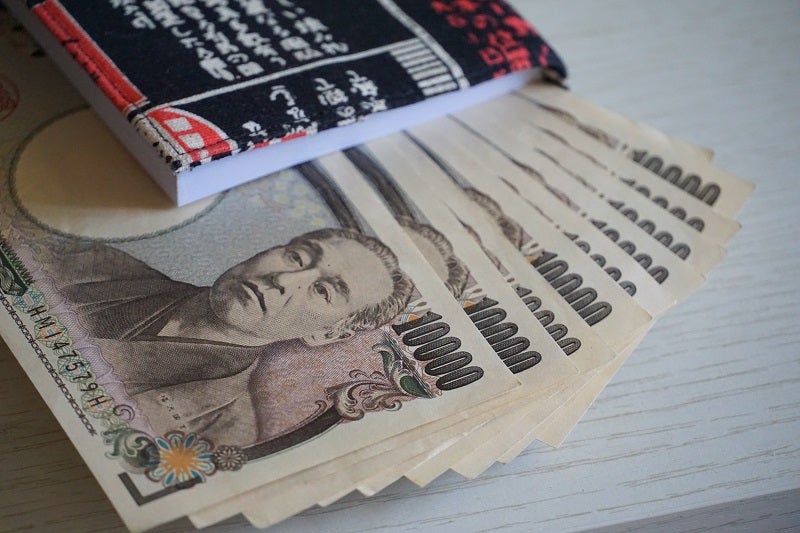
The Bank of Japan has teamed up with three leading banks and regional financial institutions in the country to begin two-year trial on transactions of a digital yen this spring, reported Nikkei.
Under the central bank digital currency (CBDC) pilot programme, the BOJ will team up with private lenders to test deposits and withdrawals from accounts and monitor if the currency can work even without internet access in case of an emergency.

Access deeper industry intelligence
Experience unmatched clarity with a single platform that combines unique data, AI, and human expertise.
Based on the results of the pilot programme, the BOJ is likely to decide on proceeding with a digital currency as early as 2026. Digital currency is expected to be used alongside physical currency.
The BOJ is one of the many central banks in the world looking at national digital currencies as an addition to, or substitute for, physical cash, especially as economic activity is more happening online.
In 2021, the central bank of Japan carried out an internal trial to test fundamental functions required for a digital currency, such as issuance and circulation.
This programme is seen as a final-stage trial with the aim toward practical use.

US Tariffs are shifting - will you react or anticipate?
Don’t let policy changes catch you off guard. Stay proactive with real-time data and expert analysis.
By GlobalDataAccording to BOJ, lenders in the country have been keen to join the pilot programme.
It is also enlisting the help of fintech companies and IT vendors to build security measures, such as identity verification.
The central bank is yet to take a decision if it would proceed with a digital yen.
To implement a digital yen, multiple aspects are required to be addressed – there should be a public buy-in, laws and systems need to be in place to accommodate it, and the time required to set things up.
A CBDC is expected to provide more convenience than cashless payment methods, which are currently provided by the private sector.
While credit card payments made by consumers typically take a month to reach retailers, a CBDC could allow quick money transfers, thereby possibly reducing transaction costs.







